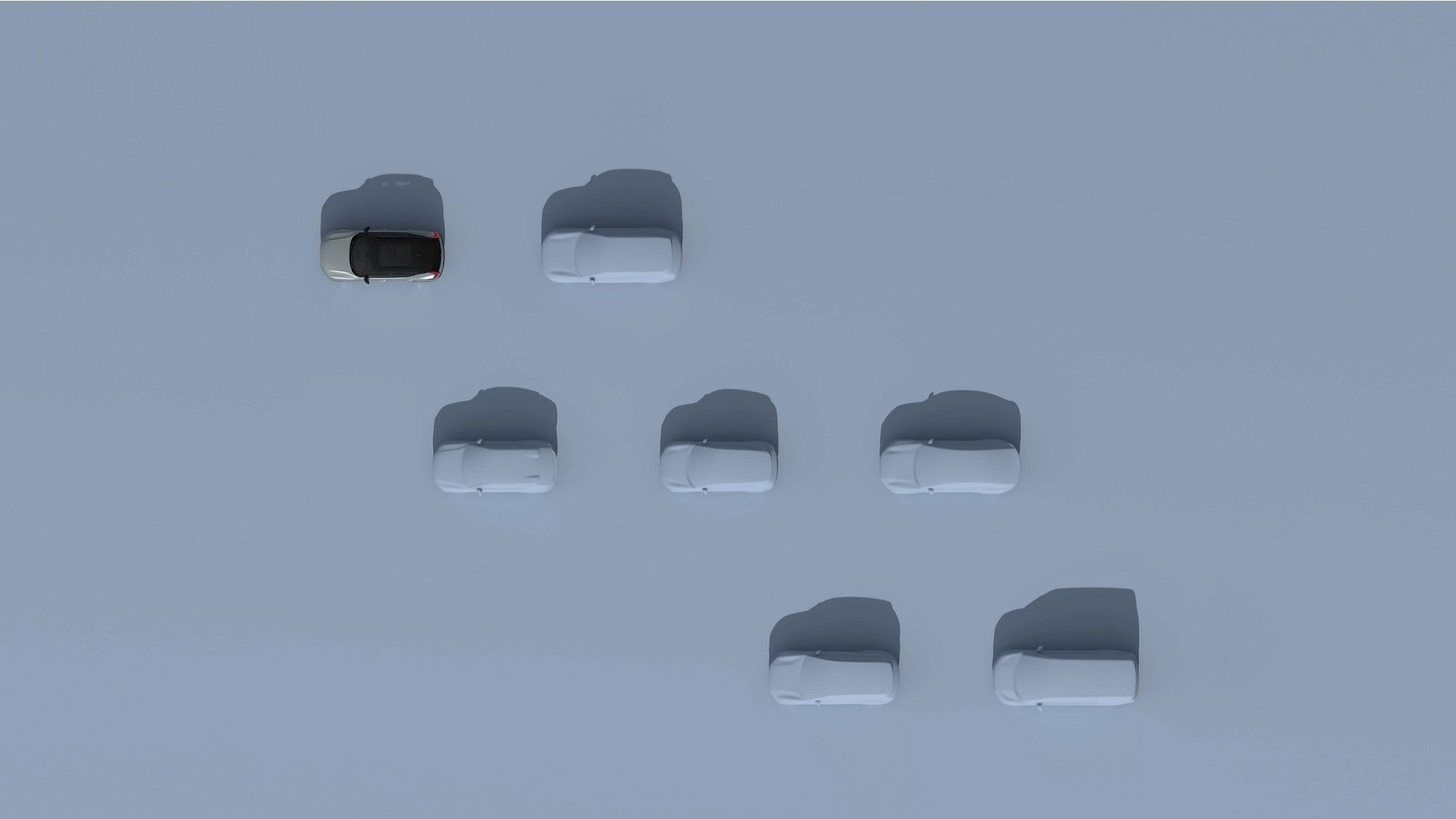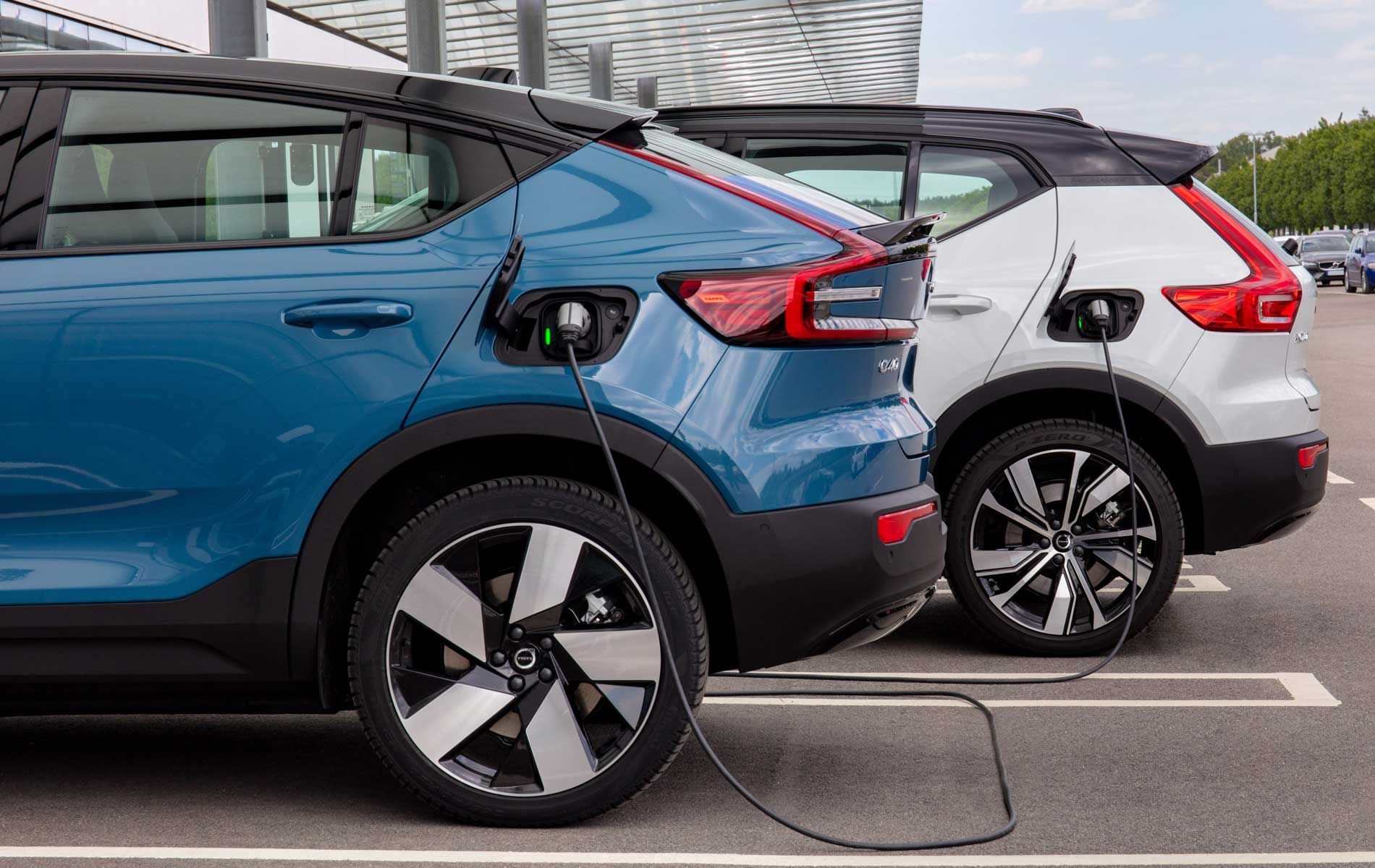The adoption of electric vehicles is expected to help countries achieve their sustainable development objectives and decarbonisation goals
Our planet is getting warmer—and petrol-powered vehicles are a big part of the reason why.
According to the World Economic Forum, transport accounts for more than a quarter of energy-related greenhouse gas emissions. If left unchecked, this figure could double by 2050.
Governments around the world are considering ambitious steps to curb transport emissions. In the UK, for instance, there are plans to ban the sale of petrol and diesel vehicles by 2030. Similar measures are also been taken in several Southeast Asian countries. Thailand aims to halt the sale of petrol and diesel cars by 2035, while both Singapore and Indonesia have committed to phasing out vehicles with internal combustion engines by 2040.
Insights from Nielsen show that the average consumer is becoming more environmentally conscious and are adopting more sustainable behaviours. At least 66 percent of people, report Nielsen, are willing to pay more for a product if a company is known to be environmentally friendly. It's perhaps no surprise then that electric vehicle (EV) sales grew by 43 percent globally in 2020. In countries such as Norway and the Netherlands, EV sales are already outnumbering petrol and diesel cars put together.
See also: Environmental Activist Renard Siew On The Urgency Of Climate Action

A McKinsey report predicts that automotive makers will introduce 600 new EV models by 2025, increasing consumer choice and fuelling demand.
One of the brands looking to make a difference in the EV market is Volvo. In Malaysia, the brand will launch a fully electric variant of its XC40 Recharge model, currently only available as a hybrid, by the third quarter of this year.
Designed for users who want the convenience of an all-wheel-drive car with a sleek design, this variant of the XC40 Recharge boasts an electric engine that can reach a range of up to 418km on a single charge. Its battery can also be recharged to 80 percent within 40 minutes, thanks to its fast-charging system. The XC40 Recharge is also the brand's first electric car to feature its new infotainment system, which is powered by Google's Android operating system.
By next year, Volvo will have added another fully electric vehicle to its lineup. The C40 Recharge boasts similarities to the XC40 Recharge model in terms of performance and design, with both bearing a closed grille—a symbol of their electric identity. One of the main differences between the two models is their rooflines—the C40 Recharge has a more coupe-like sloping roof for a sportier look, while the XC40 Recharge has a bolder, boxier silhouette.
See also: Volvo Moves Into Clean Energy To Help Tackle Climate Change





